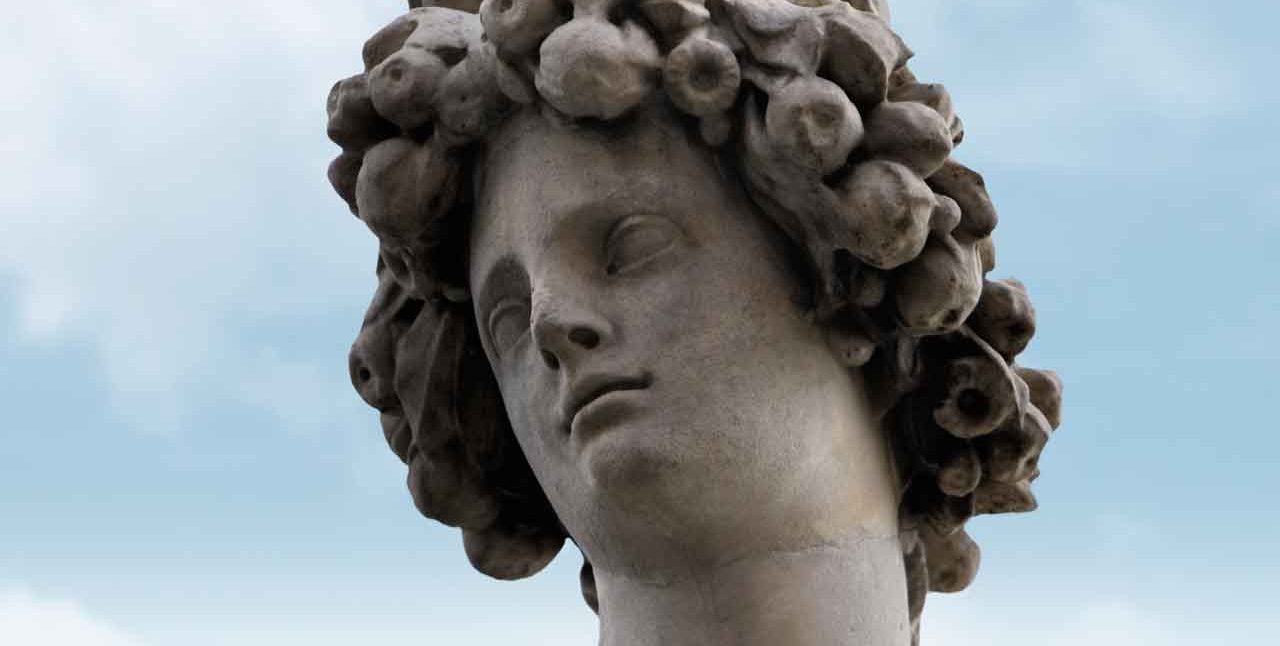May 29, 2018
Ancient Wisdom about How to Be Happy and Healthy

You may have heard the Serenity Prayer popular at Alcoholics Anonymous meetings: “God, grant me the serenity to accept the things I cannot change, the courage to change the things I can, and the wisdom to know the difference.”
Less famous is the continuation of the prayer, “Living one day at a time, enjoying one moment at a time, accepting hardship as a pathway to peace….”
Its author, the Christian theologian Reinhold Niebuhr, didn’t come to these insights all on his own. The idea comes from Epictetus, born a slave in 55 A.D. in Turkey, before Christianity. Epictetus was one of a group of ancient philosophers called the “Stoics,” who also inspired cognitive behavioral therapy, an especially effective treatment for depression and anxiety as well as substance abuse, and really any problem where you seek to change your own behavior.
YOU MIGHT ALSO LIKE: Don’t Push Too Hard When You Try to Help
As a slave, Epictetus by definition wasn’t free in ways that we are. So you can see why for him any chance of happiness came from accepting his lot while also being courageous enough to use any bits of freedom he did have. Knowing the difference was a matter of life and death.
What does that have to do with us? We too live in worlds in which much is beyond our power to change. Can you stop your baby boy from crying? Maybe, but the only sure method is killing him. Can you stop your husband from cheating? The same answer applies. Jokes aside, we all wish we had more say in what other people do and like to fantasize that control. Thinking, “If I were more beautiful and charming, he’d never cheat” is an example.
You may have heard the idea, “You can’t control life, only your response to it.” That is a paraphrase of Epictetus, who famously wrote, “We control our opinion, choice, desire, aversion, and, in a word, everything of our own doing. We don’t control our body, property, reputation, position, and, in a word, everything not of our own doing.”
Today, we call people “stoical” when they endure discomfort or tragedy without complaining. Stoic philosophers advised us to make our peace with discomfort. They understood that the babies cry, despite our best efforts. Whenever we focus on things we can’t control, we create tension in our body that contributes to illness. When we lack courage and accept things we could change — our own choices — we again become unnecessarily stressed and contribute to illness.
YOU MIGHT ALSO LIKE: No Good Deed Goes Unpunished
Marcus Aurelius, a Roman emperor, lived in great luxury for his time. It’s easy to be dissatisfied when you’re fortunate, and other emperors were driven to disgusting excess. Just like we can learn from a slave, we can learn from this emperor, who advised maintaining “an attitude of gratitude in the present moment for anything that comes your way.” One practice you might adopt is to keep a “gratitude” journal or simply count your blessings each night or morning. It’s fine to simply think, “My wife and kids,” but more helpful if you remember the unexpected or especially poignant blessings. Who was especially kind today at work? Did you see a majestic tree along the road?
We moderns tend to believe we can take personal credit for everything good in our lives instead of being grateful for good luck and the gift of life. Again, we fantasize much more control — this time in the form of credit — than we have.
None of this implies passivity — just the opposite. You do need to take full responsibility for what you actually control. The Stoics were on to the need to set priorities and not be distracted. They advise us to consider which relationships and activities sustain us and lead us toward fulfilling our deepest values. If you take their advice, you’ll probably spend less time web-surfing and more time with an actual book.
There’s much more to stoicism, as I hope to explain in further blogs. But consider for a moment how your health and relationships might improve if you gave up trying to control other people or regretting your lack of control, and took responsibility for your choices. Imagine if you were grateful for the little things and focused on what was most important to you. You might be lighter-hearted as well as more deliberate. Better health accompanies tranquility, focus, and gratitude.
It may seem strange that thinkers from so long ago could help us with our modern problems. That strangeness, for me, helps make ancient philosophy more effective. Of all the crazy things people have thought in the years between now and 55 A.D., some ideas were useful and some were true. When you hear them passed on in bits and pieces, you can also misunderstand them, so it helps to go back to origins. For a fuller discussion of the Stoics read “A Guide to the Good Life: The Ancient Art of Stoic Joy,” by the philosopher William B. Irvine, or “The Daily Stoic: 366 Meditations on Wisdom, Perseverance, and the Art of Living,” by Ryan Holiday and Stephen Hanselman.


